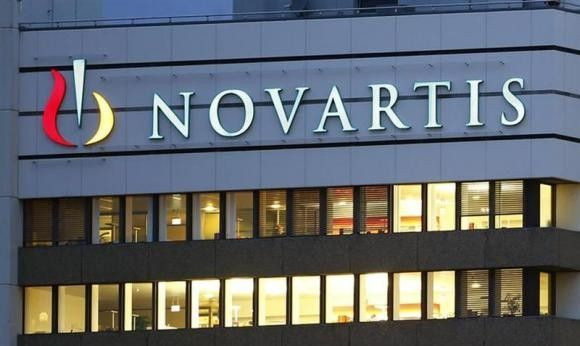FDA Approves Entresto, New Novartis Drug That Cuts By 20% Risk Of Death From Cardio Causes

After the US Food and Drug Administration, or FDA, approved on Tuesday a new heart failure drug, Entresto, the manufacturer forecast that it would be one of the world’s largest-selling drugs. Novartis estimates it would earn at least $5 billion yearly in sales of the medication.
A large clinical trial in 2014 showed that Entreste could reduce by 20 percent risk of death from cardiovascular causes or confinement in a hospital for worsening heart failure, reports the New York Times. The $5-billion sales forecast is considered unusual for a pharmaceutical firm this early.
David Epsten, head of Novartis’ pharmaceutical division, explains their optimism behind the new drug. “This is one of those once-in-a-decade kind of breakthroughs, to get a drug that extends life so substantially,” he said.
Their sunny outlook comes from the fact that over 5 million Americans and 26 million people around the world suffer from heart failure. This is when the heart has difficulty pumping sufficient blood to the various body organs. That condition is usually due to a heart attack or hypertension, when the patient’s blood pressure is high.
According to Novartis, Entresto is taken twice daily. It would cost cardio patients $12.50 a day or $4,500 annually. Epsten defended the price as “really quite reasonable” since other similar medication from other pharma firms have similar price tags but less benefit. He adds it also saves money by preventing hospitalisation.
Known as LCZ696 when it was being developed, Entresto could replace current medication for chronic heart failure which are angiotensin-converting enzyme, or ACE, inhibitors. BDlive reports that Novartis would offer a pay-for-performance plan in which insurance companies would pay a lower price. But there would be additional payments if the drug succeeds in keeping a patient out of the hospital and bringing down associated costs.
The plan is part of Novartis’ push for conditional reimbursement with the help of digital technology that monitors patients. A McKinsey & Company report reckons that these outcomes-based-efforts could save the country’s healthcare system more than $1 trillion in 10 years.
Novartis has applied for approval by regulators in the European Union, Switzerland and Canada and expects the green light by the second half of 2015. The pharma giant plans to submit Entresto for a separate trial in Japan by 2019.
To contact the writer, email: vittoriohernandez@yahoo.com





















